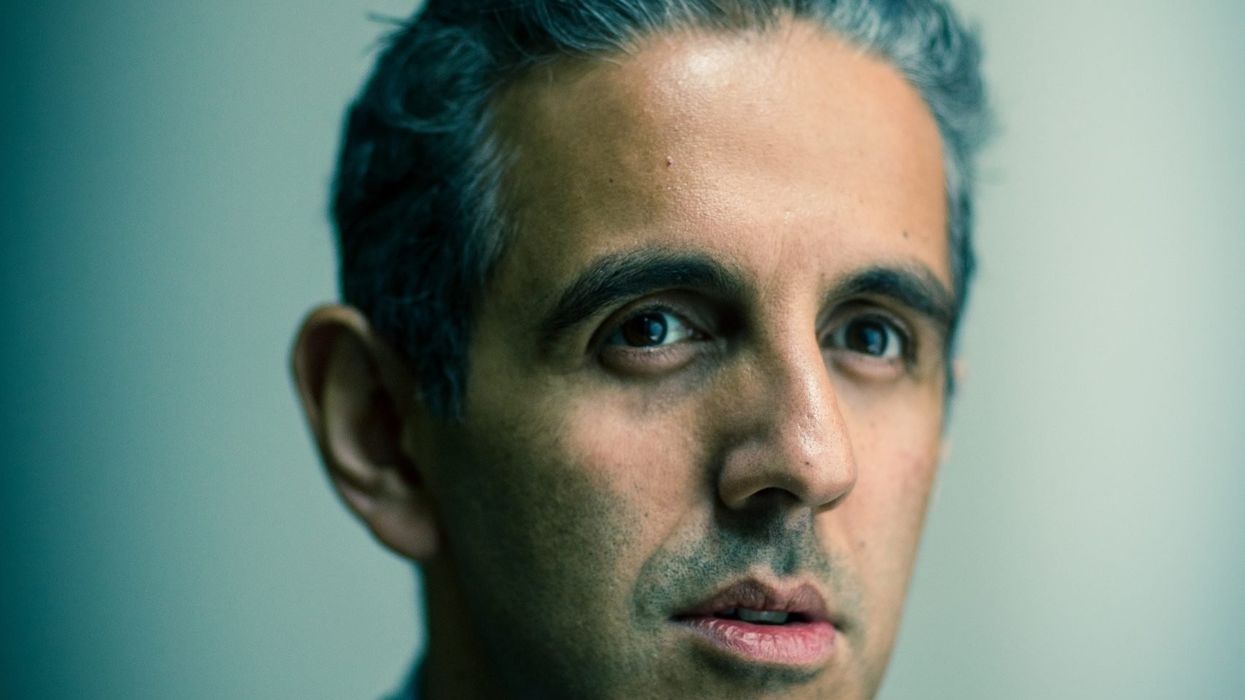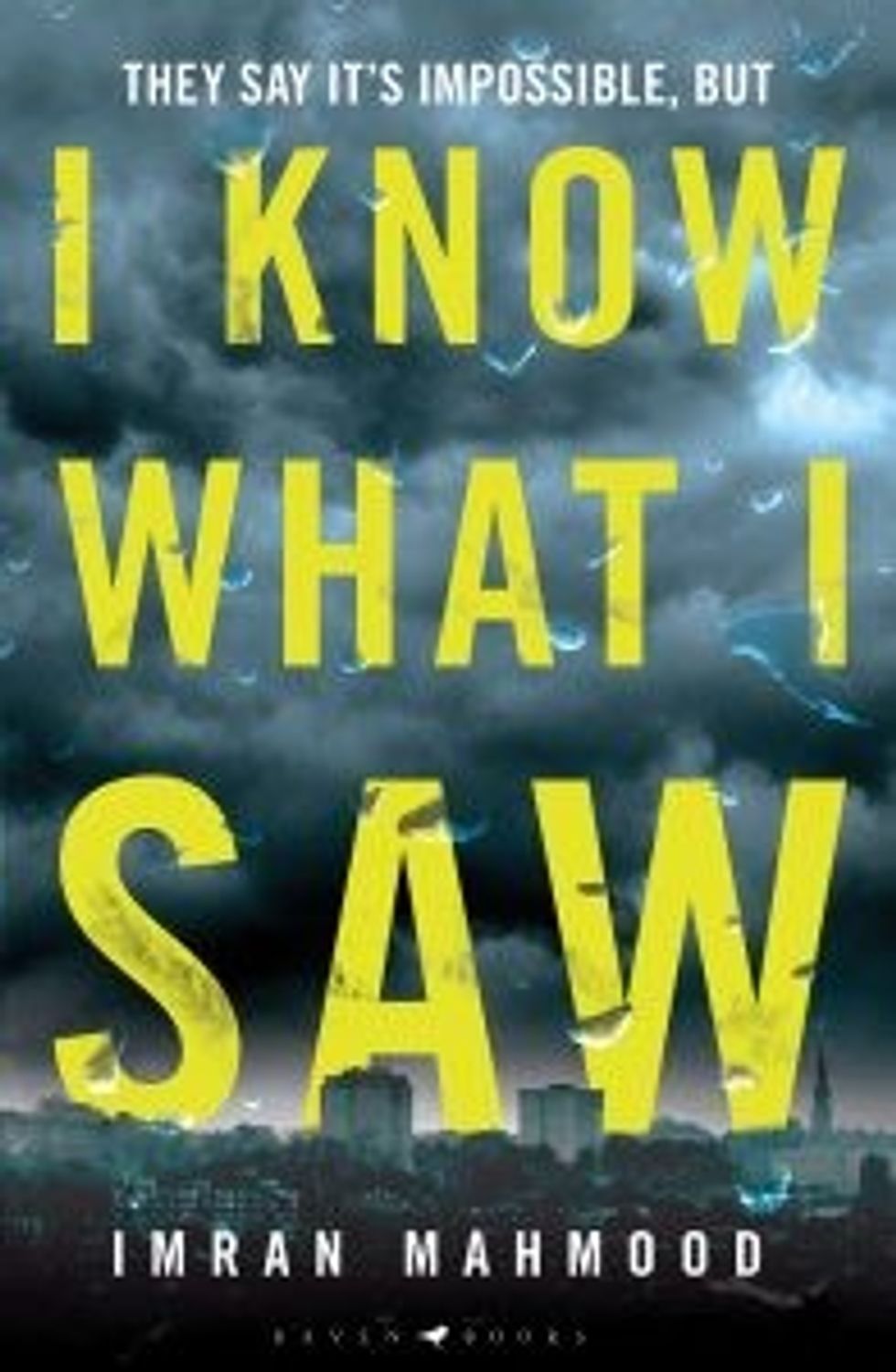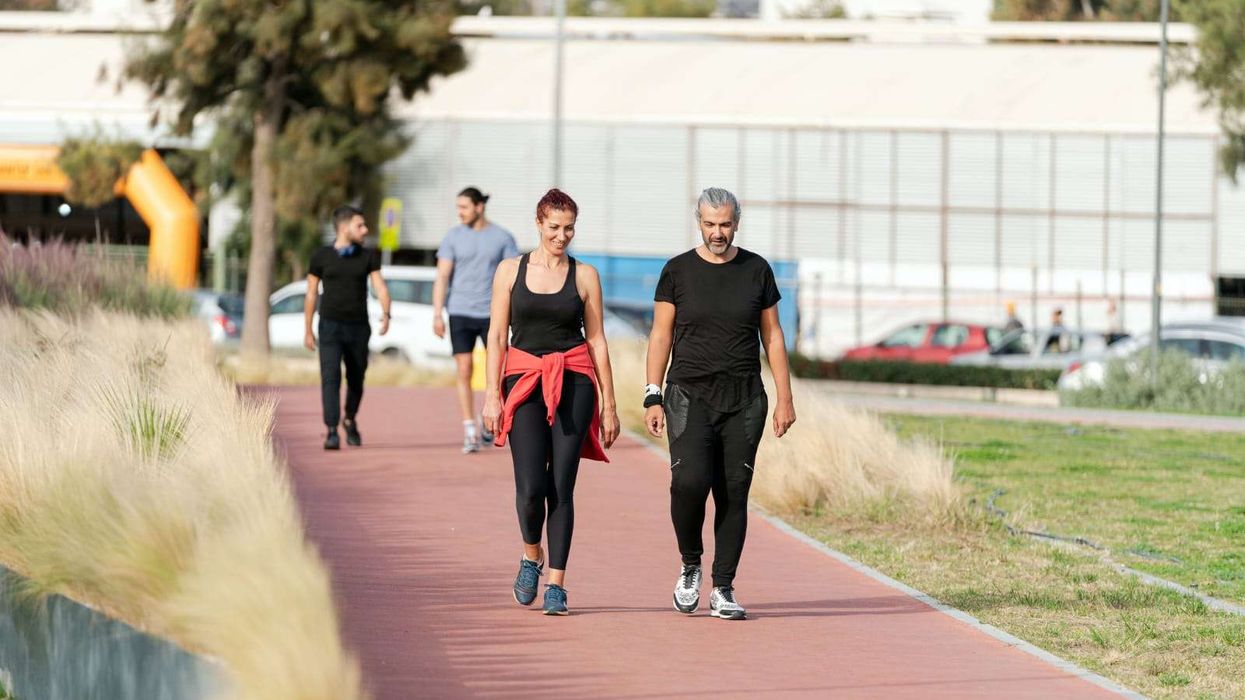BRITISH AUTHOR DISCUSSES HIS SECOND NOVEL, INSPIRATIONS AND IDEA OF A GRIPPING STORY
WITH his widely acclaimed debut novel You Don’t Know Me, Imran Mahmood introduced himself to the world as a talented crime writer and received praise from heavyweights in the genre such as Lee Child, Tana French and Ruth Ware.
His newly released second novel I Know What I Saw consolidates his position as an unpredictable crime writer able to tell a complex fast-paced story and keep readers hooked. The story revolves around a once wealthy banker living on the streets, who witnesses a vicious crime and must confront his own demons as he goes searching for answers in an unforgiving London, where there is danger on the streets.
I Know What I Saw has received favourable reviews from leading authors already, which is an early positive sign.
Born and raised in Liverpool, London-based Imran Mahmood has been a criminal barrister for more than 25 years and was happy to discuss his second novel with Eastern Eye.
He also spoke about his future plans and what makes for a gripping crime story.
What first connected you to writing?
I have written something or other for the last 30 years. I think for me it was a way of being able to draw out the things that were bothering me and having them out on the page to examine. I’d write a short story about pollution or violence or something else that was in my head and it was a great way of rationalising things that seemed absurd or puzzling to me.
How did you feel when your debut novel You Don’t Know Me got acclaim from literary heavyweights?
This was honestly totally unexpected. Lee Child is known as a very generous author and a part of me always wonders whether his acclaim is more about his generosity than my work. Tana French very kindly told me that she hadn’t intended to read more than a few pages but ended up being unable to put it down. For any author that kind of comment is so thrilling but to a debut writer it was a real gift.
Did the success of your debut novel put pressure on you while writing the follow-up?
They say the second book is the hardest. A friend of mine always says that the second book is the one where you learn to write. I think that there is a lot of sense in that. You get your whole life to write the first one but the second one has to be done in a fraction of that time. And for me there was the stylistic problem too to deal with. You Don’t Know Me was written in a dialect from start to finish as a closing speech to a jury. There was no way that I could do the same for my second book. So, I had to start right from scratch.
Tell us about your second novel I Know What I Saw?
My second novel I Know What I Saw is the story of a formerly wealthy, bright, Oxford-educated man who has become homeless. He shelters in what he thinks is an empty flat, one rain-soaked night. But as he is drying off, the occupants return. He hides and witnesses one of them murdering the other. But when he goes to the police, they don’t believe him because the flat he has described it happening in and the woman he sees killed, have both vanished.
What was the biggest challenge of writing it?
For me, switching styles to something completely different was tough, but ultimately very rewarding.
How does this compare to your debut?
They are both very different. This one is in a more traditional style but like the other one it deals with larger themes than just the plot. Where You Don’t Know Me was about justice and morality, I Know What I Saw as well as being a murder mystery is about privilege and memory and the fragility of the human condition.
Is there any one part of the book you enjoyed writing most?
I always enjoy writing the last chapter best because by then I'm better acquainted with the characters. I understand them more and can tune into them in a fraction of the time that it takes to do that at the start.
A lot of crime novels get turned into TV dramas or films. Do you think about visual adaptations when writing?
The way I write is very visual I think anyway. I am also writing screenplays at the
same time as novels, so the one discipline feeds into the other. We all watch such a lot of TV these days that I wonder whether we instinctively see and experience stories in a more visual way because of it.
Who is your favourite crime writer?
I love Abir Mukherjee and Vaseem Khan for historical fiction. For contemporary fiction, the list is long. Chris Whittaker, Will Dean, Steve Cavanagh, Mike Craven, AA Dhand, with special mentions for Catriona Ward and Natasha Pulley.
What according to you makes for a great gripping crime novel?
A strong plot and characters that are as fully three-dimensional as they can be, even if they’re not always likeable.
What inspires you as a writer?
Usually books I have read that I love.
What can we expect next from you?
I am working on two screenplays and a third crime novel. I can't say much about them yet, but I am hoping that they will see the light of day soon.
Why should we all pick up your new novel I Know What I Saw?
As well as being a tense murder-mystery with an apparently ‘impossible’ plot, it is also a story about love and loss. In many ways, the main character is a version of who any of us might be, in the wrong circumstances. And it’s a story that has been in my head for more than 30 years. Xander is based on someone I met many years ago. He was a real enigma to my 16-year-old self because he was highly educated and yet destitute. I couldn’t understand how that could be back then, but now, through having written I Know What I Saw, I think I finally do.
I Know What I Saw is available now from Raven Books in hardback and ebook editions














